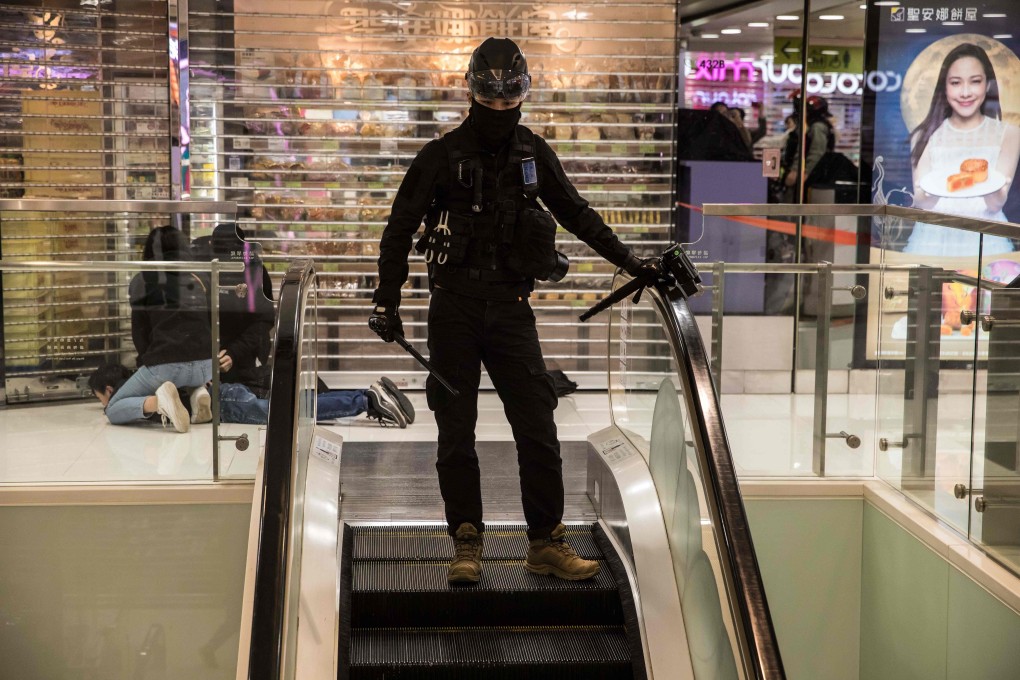Advertisement
Protests have opened up a golden opportunity to cure the Hong Kong economy’s addiction to Chinese tourists
- The Hong Kong government needs to dispense with the blinkered view that the protests are hurting tourism and the economy. As the world shifts towards online shopping, Hong Kong must reduce its unhealthy reliance on mainland tourist arrivals
Reading Time:3 minutes
Why you can trust SCMP

One gloomy year for Hong Kong is ending and the naysayers are predicting that, as long as the protests continue, the economic outlook will remain bad. There is plenty of data to back up their pessimism: visitor arrivals, retail sales, hotel occupancy rates and much more are at or near record lows, and growth this year is expected to be nearly flat.
Affected economic sectors are warning of job cuts and wailing for more subsidies. But trying to prop up that which is failing and believing that what worked in the past will also work in the future is flawed thinking: rather, the city must recognise it has been given a golden opportunity for the overhaul it sorely needs.
Think of all these chances that are being missed. With fewer tourists, rents will continue to fall. This means opportunities for entrepreneurs, whether in innovation and technology, arts and culture or plain out-of-the-box creativity.
Advertisement
Far greater government focus will be needed, but with time, new industries like biomedicine will have a chance to germinate and those that have taken root in information and communications technologies – data analytics, the internet of things, artificial intelligence, robotics and environmental services among them – will be better able to flourish.

The authorities have painted the protests as disruptive and causing chaos. They have sided squarely with shop owners, restaurateurs, hoteliers and tour operators, contending that a vital part of the economy has been impaired.
Advertisement
Advertisement
Select Voice
Select Speed
1.00x
